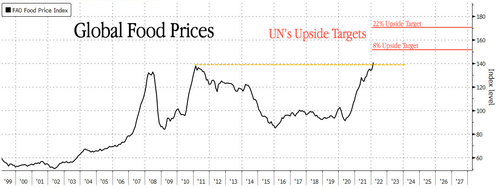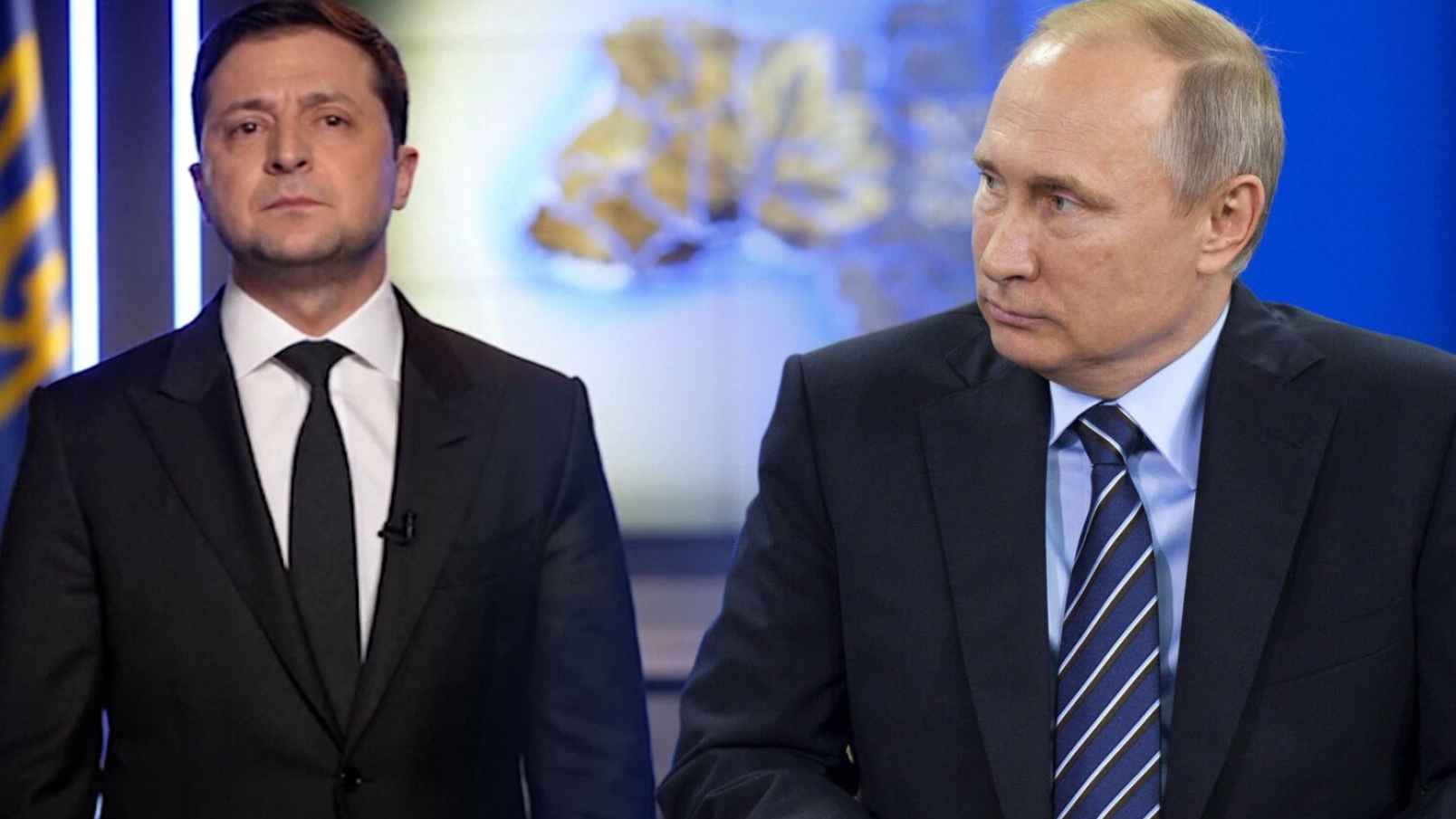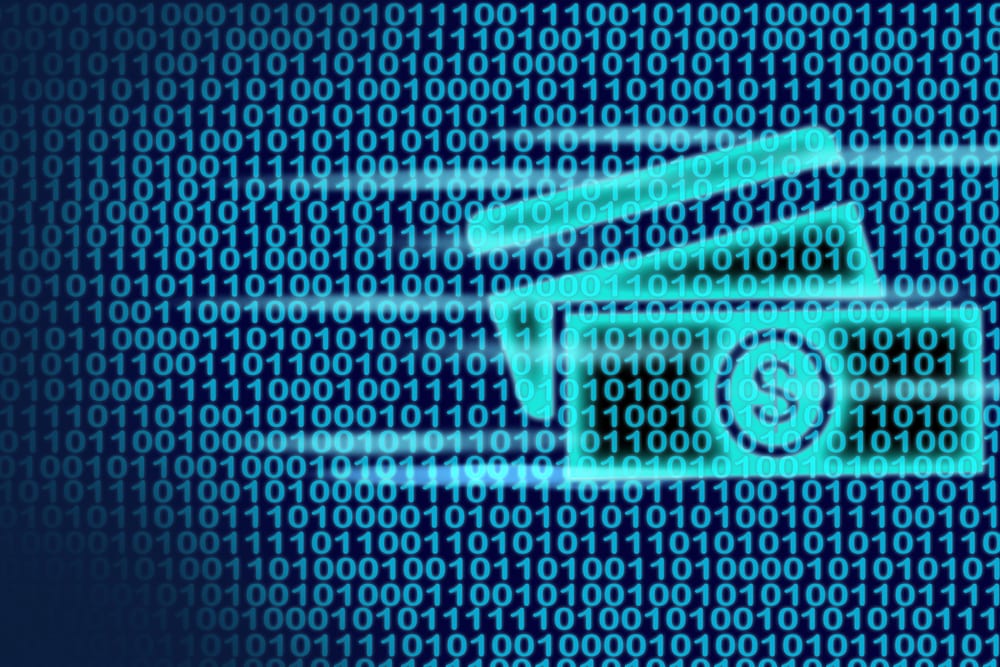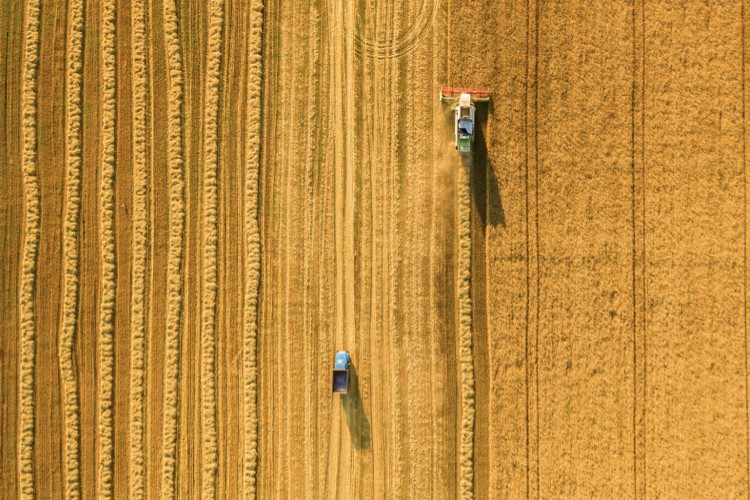Author: Author1
A Manufactured World Crisis
Compass International E-News: 7 Signs For Rapture
Why is the United States still paying for the UN’s anti-Semitic farce?
BlackRock’s CEO: Ukraine War Accelerates ESG And Digital Currencies
Biden’s Cognitive Decline Proved to Be REALLY Dangerous This Week
Prophecy Today Radio Broadcast: Week of March 26, 2022
China’s Pursuit Of Food Security Comes As Crop Conditions Set To Be “Worst In History”
In September 2020, Michael Every of Rabobank floated the question: What possible disruption is coming that requires China to start massive stockpiling of all possible commodities?
It was no secret by 2021, China panic hoarded half of the world’s maize and other grains resulting in increased food inflation.
China’s buying spree of all commodities left many market observers puzzled by Beijing’s stockpiling motives. Now we understand the second-largest economy in the world was forecasting a global catastrophe of widespread famine due to disrupted food supply chains.
Global food supplies were already tight on a post-COVID basis due to snarled supply chains and adverse weather conditions in key growing areas worldwide. The Ukraine invasion by Russia was a shock. It fractured global food supply chains and sent food prices to record highs with the very risk shortages will materialize in emerging market economies dependent on the eastern European country.
“And I heard a voice in the midst of the four living creatures saying, “A [d]quart of wheat for a denarius, and three quarts of barley for a denarius; and do not harm the oil and the wine.” Re. 6:6

Ukraine is one of the world’s largest agricultural exporters of corn and wheat. Before the invasion, Ukraine was the second-largest supplier of grains for the European Union and one of the largest suppliers for emerging markets in Asia and Africa. Breaking down the numbers, Ukraine produced 49.6% of global sunflower oil, 10% of global wheat, 12.6% of global barley, and 15.3% of global maize. This year harvest will be severely reduced because of war.
Last week, the United Nations (UN) World Food Programme (WFP) warned that disruptions in Ukraine “risk imminent famine and starvation in more places around the world.”
Read More @ Zero Hedge HERE
The Border Is Open, and Al-Qaeda Is Calling on Jihadis to Come In
9/11, al-Qaeda, Cuba, immigration, open borders, Osama bin Laden, Title 42, US border
ISRAEL HEEDS JOSEPH’S ADVICE; STOCKS UP ON WHEAT FOR UPCOMING FAMINE
Citing fears of possible food shortages amid the Ukraine crisis, Israel’s transportation minister instructed that cargo ships importing grain and animal feed be given priority for unloading at the port docks over the next month.
This solution of stocking up on grains before a predicted famine mirrors the Bible’s Joseph. Joseph, son of Jacob, was promoted to be the prince of Egypt after he interpreted Pharaoh’s dream of withering grain stocks devouring healthy ones as an imminent famine in Egypt. Joseph then advised Pharaoh to stock up on wheat to have enough reserves once the famine strikes.
“Let that food be a reserve for the land for the seven years of famine which will come upon the land of Egypt, so that the land may not perish in the famine.”(Genesis 41:36)
![]()
Israel appears to be heeding Joseph’s ancient advice in prioritizing wheat over other imported goods. “We face challenges to our food security at the time being because of the worrying developments in Ukraine,” noted Transportation Minister Merav Michaeli in a statement on Thursday.
“The State of Israel must safeguard its food security by strengthening our domestic agriculture. Taking steps to get the grain and fodder that Israeli agriculture relies on, the nation will quickly ensure that we maintain Israeli food security despite changes worldwide.”
According to the statement, shipping and Ports head Yigal Maor already took “several steps” to implement the decision.
Read More @ Israel 365 HERE







